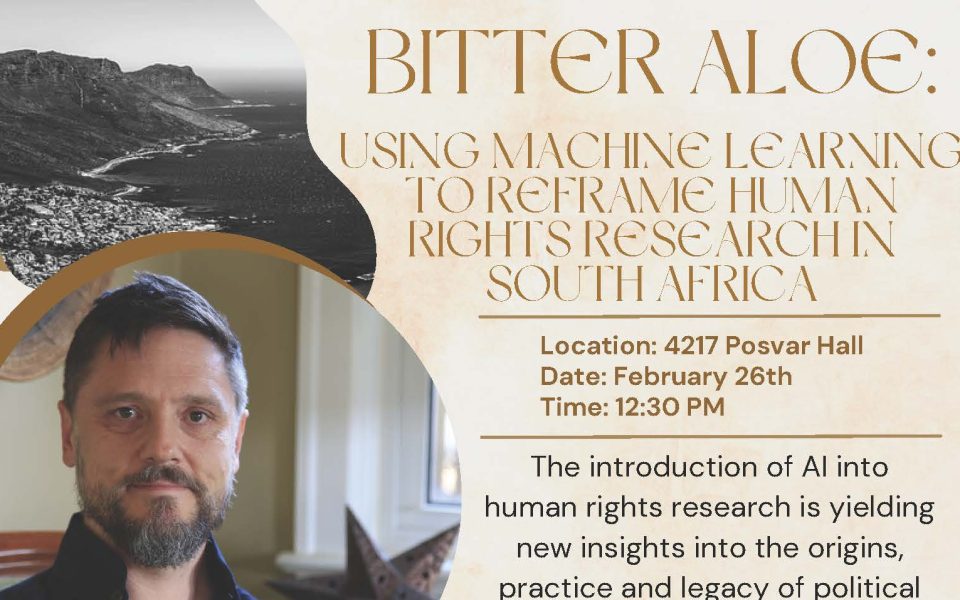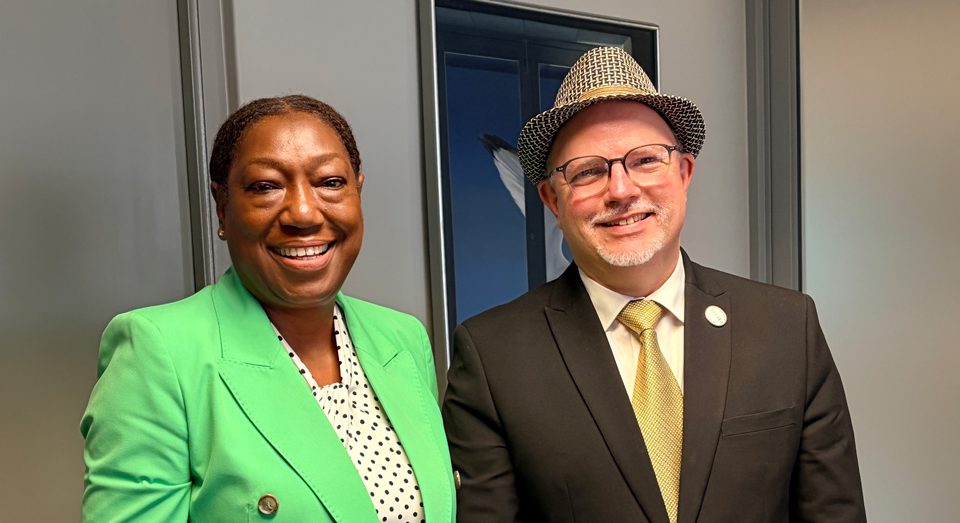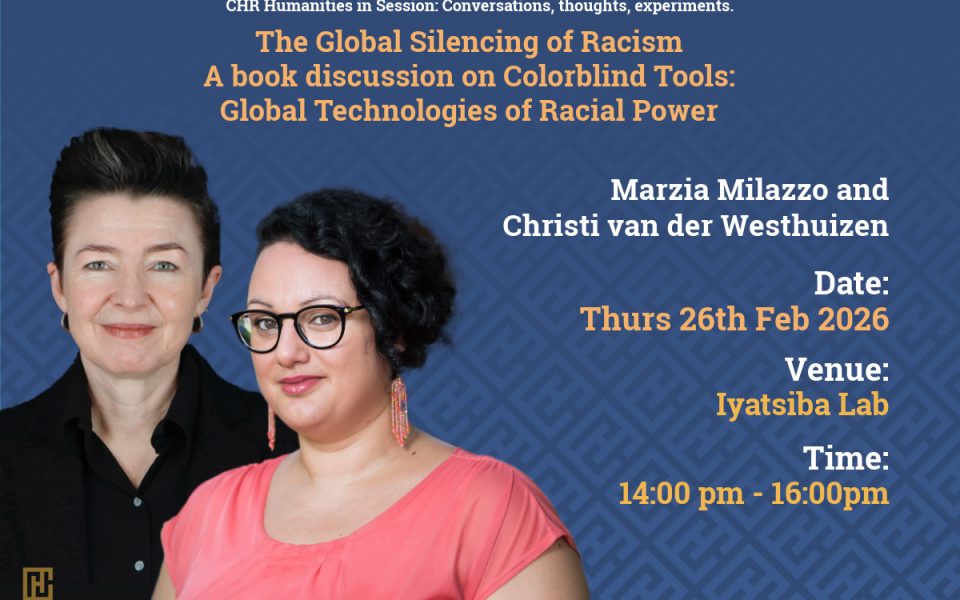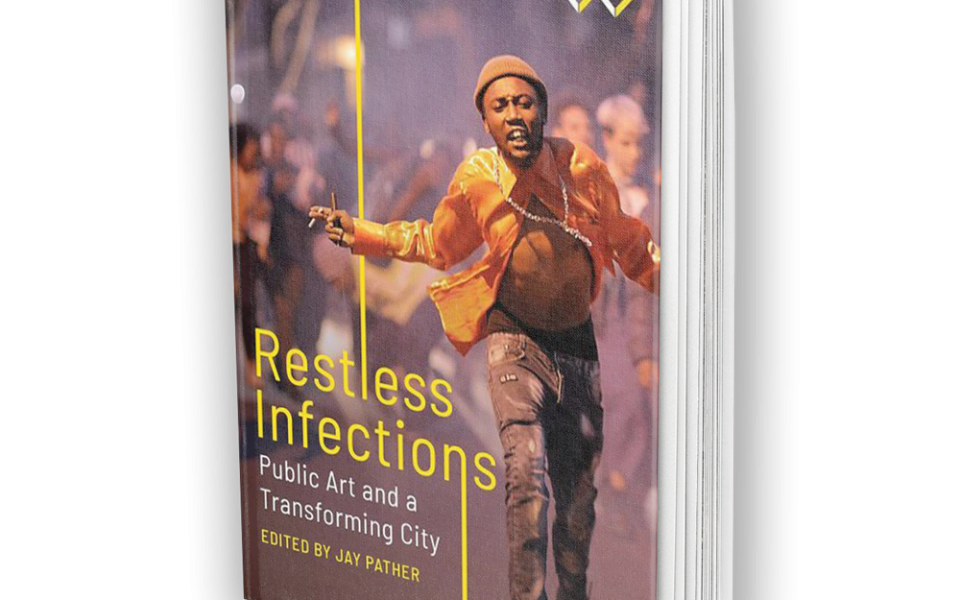African Critical Inquiry Programme Announces 2025 Ivan Karp Doctoral Research Award
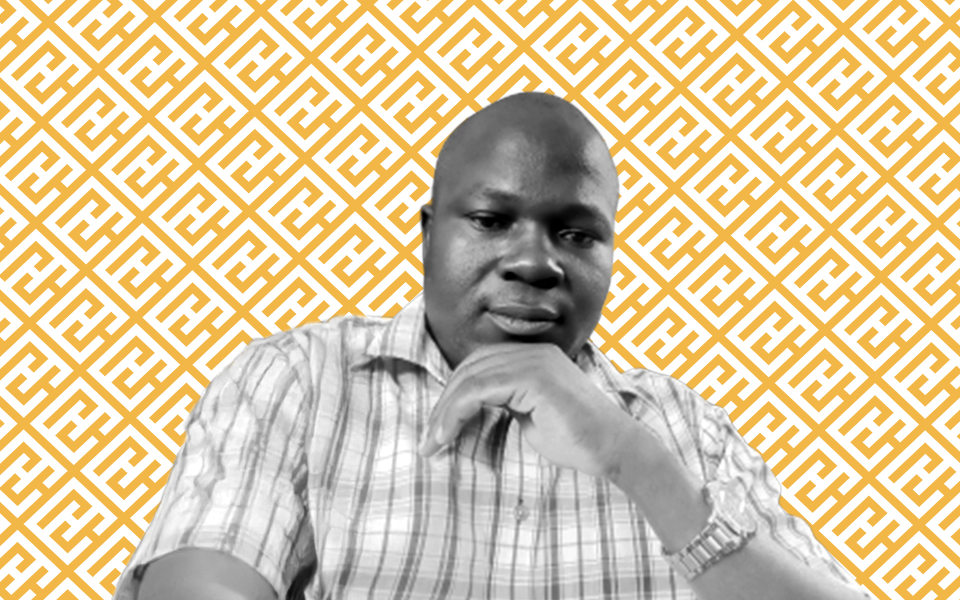

The African Critical Inquiry Programme has named Maja Jakarasi as recipient of the 2025 Ivan Karp Doctoral Research Award. Jakarasi, a Zimbabwean student in the Anthropology Department, is working on his PhD at the University of the Western Cape. Support from ACIP’s Ivan Karp Award will allow Jakarasi to pursue significant research for his dissertation.
He will do ethnographic research in Rushinga District, Zimbabwe, and across the border in Mozambique as well as archival work in Harare, Zimbabwe, for his project, Spiritual Transformation, Healing, and Mental Illness in Contemporary Zimbabwe.
Founded in 2012, the African Critical Inquiry Programme (ACIP) is a partnership between the Centre for Humanities Research at University of the Western Cape in Cape Town and the Laney Graduate School of Emory University in Atlanta. Supported by donations to the Ivan Karp and Corinne Kratz Fund, the ACIP fosters thinking and working across public cultural institutions, across disciplines and fields, and across generations. It seeks to advance inquiry and debate about the roles and practice of public culture, public cultural institutions, and public scholarship in shaping identities and society in Africa through an annual ACIP Workshop and through the Ivan Karp Doctoral Research Awards, which support African doctoral students in the humanities and humanistic social sciences enrolled at South African universities.
About Maja Jakarasi’s project:
Jakarasi’s research project, Spiritual Transformation, Healing, and Mental Illness in Contemporary Zimbabwe, will address how healing practices have transformed from the Second Chimurenga to the political and socio economic challenges that Zimbabwe is facing today. (The Second Chimurenga (1964-79) was Zimbabwe’s War of Independence.) Jakarasi’s research will explore the transformations of practices, meanings, and rituals that are apprehended as traditional against the backdrop of the current socioeconomic crises bedeviling Zimbabwe, crises that are traced back to the 1990s when the Zimbabwean government adopted the market oriented Economic Structural Adjustment Programme (ESAP). ESAP liberalised, deregulated, and privatised the economy, which resulted in rapid and adverse sociocultural changes and inequalities. Through ethnographic work, Jakarasi will investigate traditional healing practices among the Shona people in Rushinga district, Mashonaland Central Province in Eastern Zimbabwe. What has been the significance of traditional healing practices to people on the ground and to society at large? How has this changed over the four decades since Zimbabwean independence in 1980? Which forms of spiritual transformation have been relevant to healing practices in Zimbabwe? Historical and archival research will expand the ethnographic work in order to capture the trajectories of change in traditional healing from the time of the second Chimurenga to the 21st century. Jakarasi will draw insights on the forms and importance of spiritual transformations and healing practices by synthesizing theoretical frameworks related to indigenous knowledge systems (IKS), explanatory models of illness, and comparative work on spiritual transformation and healing.

